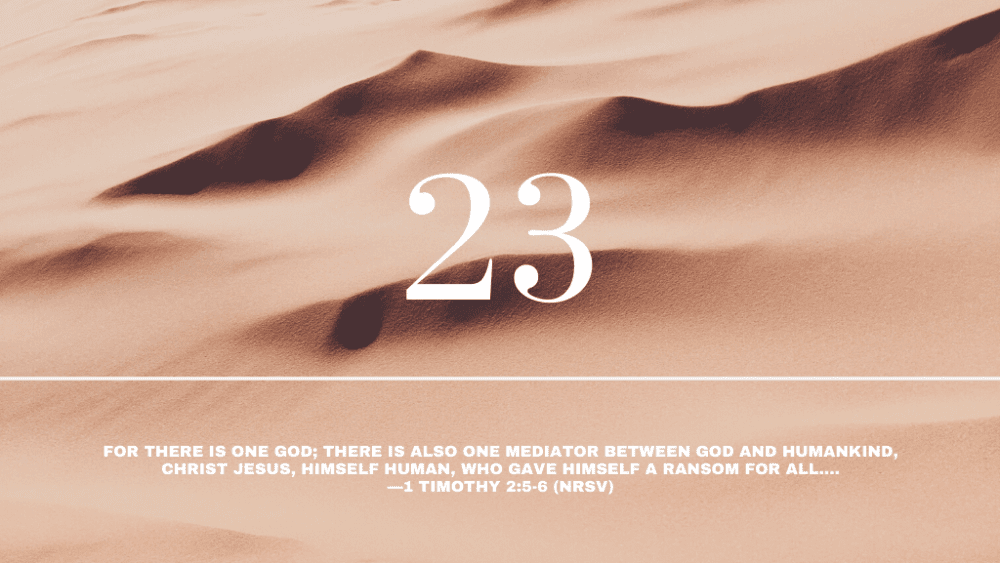Tiya had stayed beside the dried-up riverbank for several days. A newly married Arsi Oromo woman, she’d been called to her first ateetee gathering. This ritual of prayer and song was the sacred duty of the married women in her community. Drought had fallen on their region in Ethiopia, so the women joined together to intercede. Night and day they persisted in prayer, asking Waaqa (the creator) to intervene. Finally one afternoon, Tiya looked to the sky. One drop, then another, fell until a steady flow of rain covered the land. The women rejoiced. Thank you, Waaqa, for hearing our prayers!
Arsi Oromo women’s role as peacemakers and mediators serves as a powerful picture of the Gospel. As they intercede on behalf of their communities during times of drought or conflict, their songs and prayers lead to the renewal of their land and relationships between neighbors. Arsi Oromo followers of Jesus are beginning to use the significance of this practice as a bridge to share the Good News of His reconciliation of humanity and restoration of creation.
Jesus’ entrance into our world to live and die on our behalf healed our broken relationship with God. Jesus made peace between a fallen humanity and a holy God, ushering in the hope of creation finally and fully restored. Through Him we can approach God with boldness and honesty, assured of the grace that awaits us (Hebrews 4:16). Jesus, our Mediator, now sits victoriously at God’s right hand. He intercedes for us on the basis of His finished work (Romans 8:34) and invites us to see how He is making all things new (Revelation 21:5).
Reflect on the gift of grace that Jesus makes possible. In what area of your life is God inviting you to more fully embrace this Good News? Like Arsi Oromo women, how can you intercede for your community or neighborhood to experience renewal?


Comments are closed.